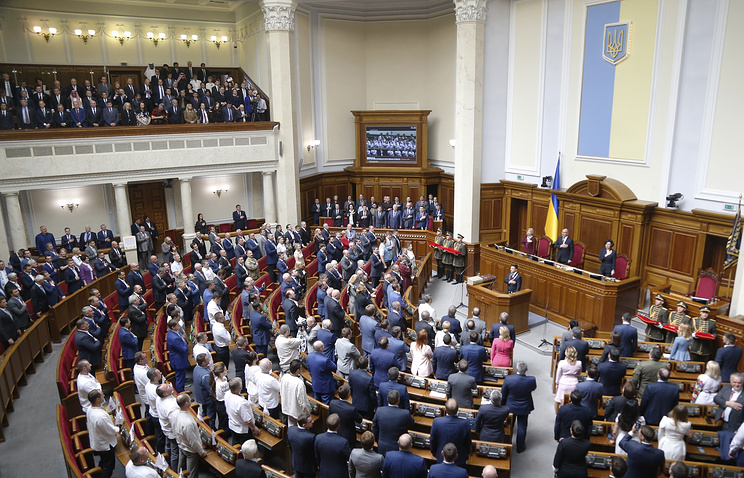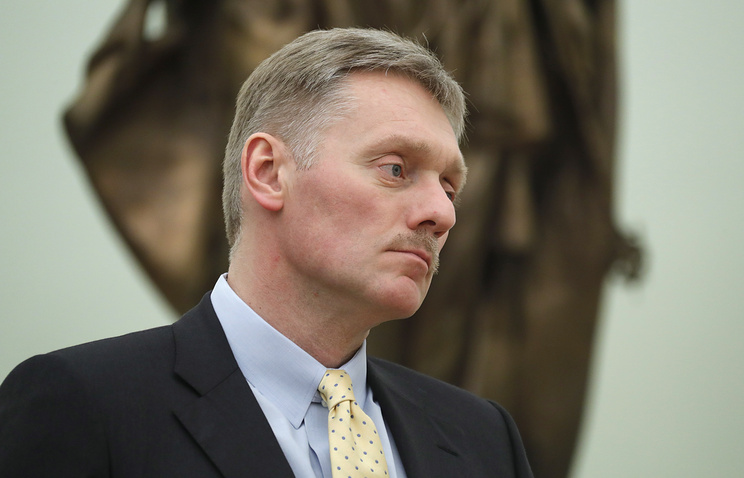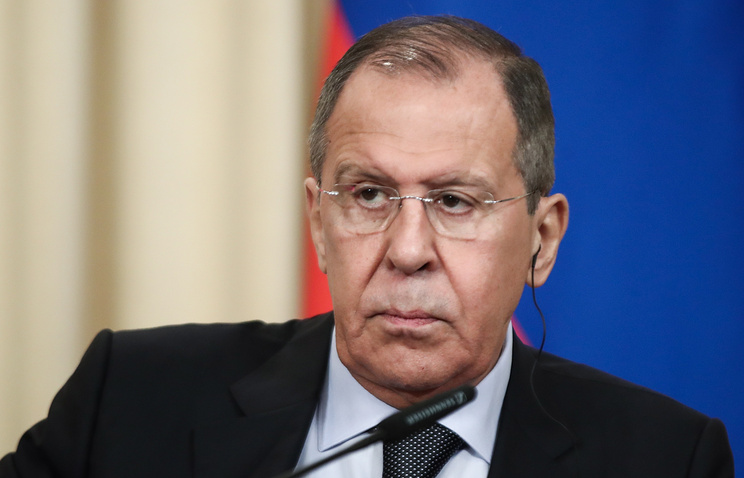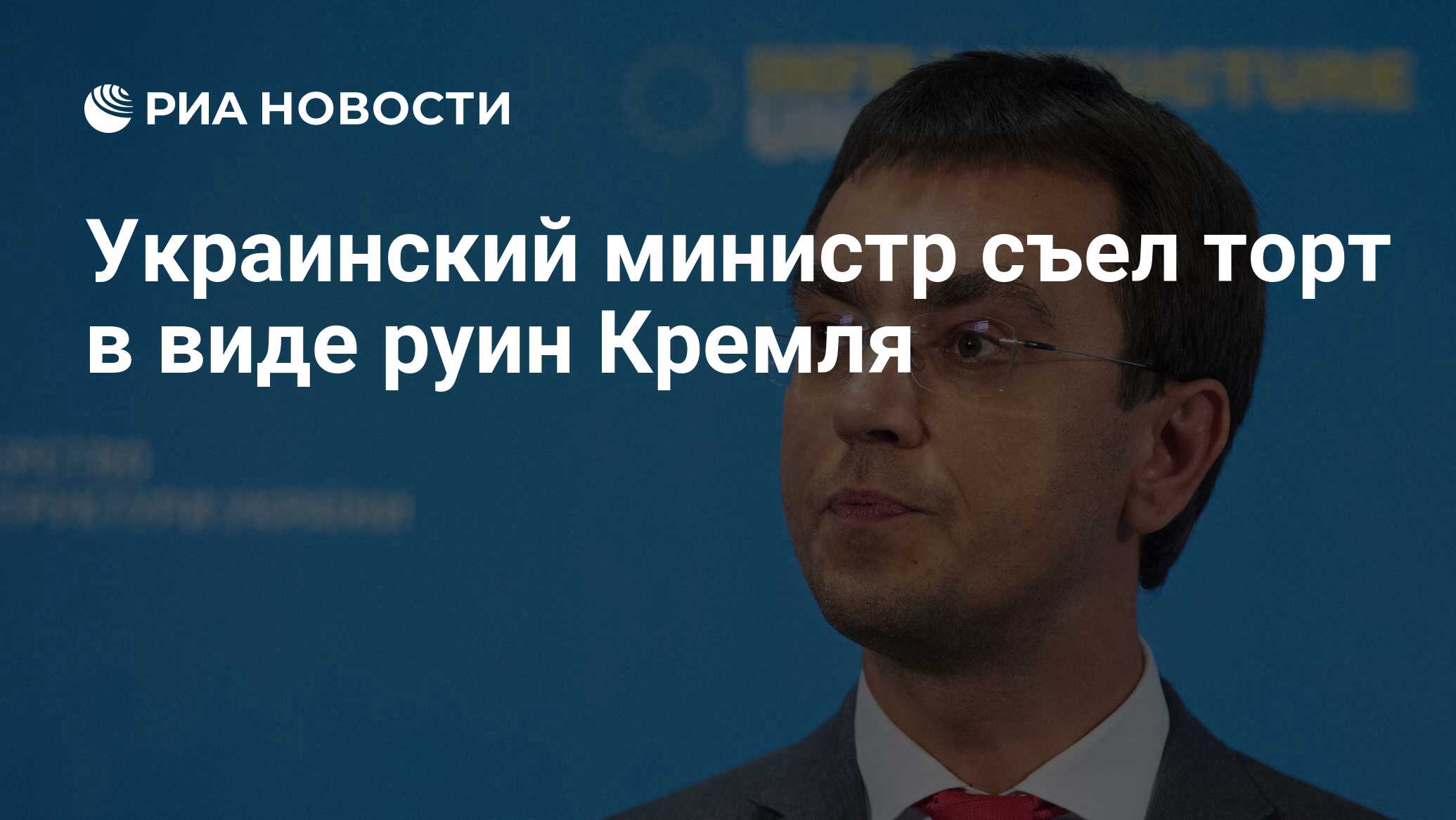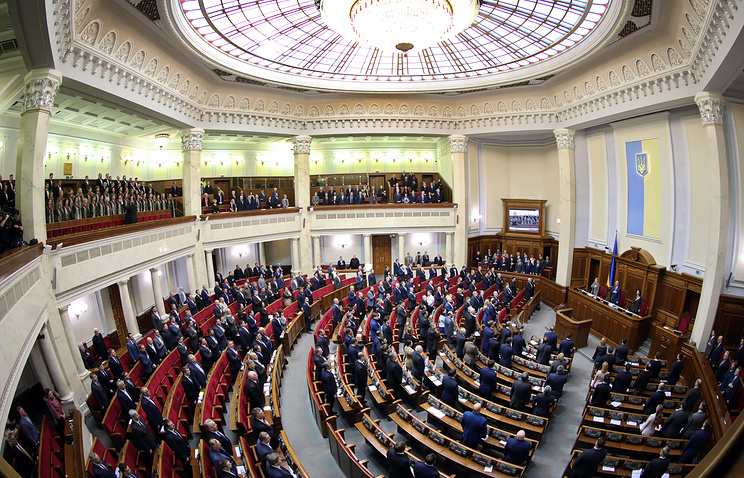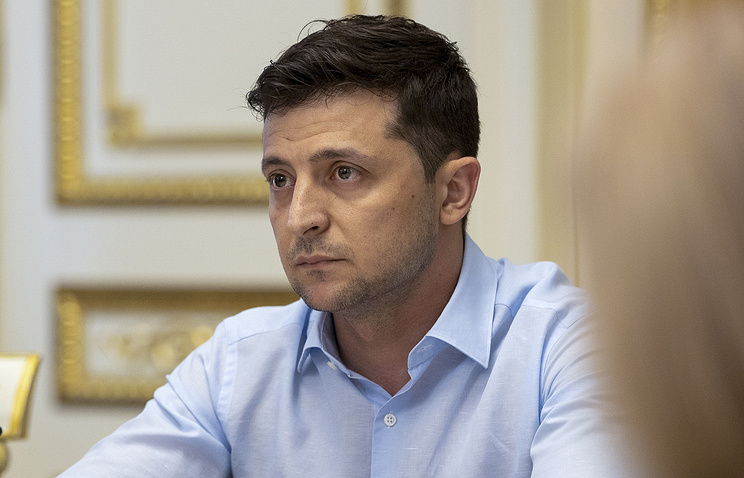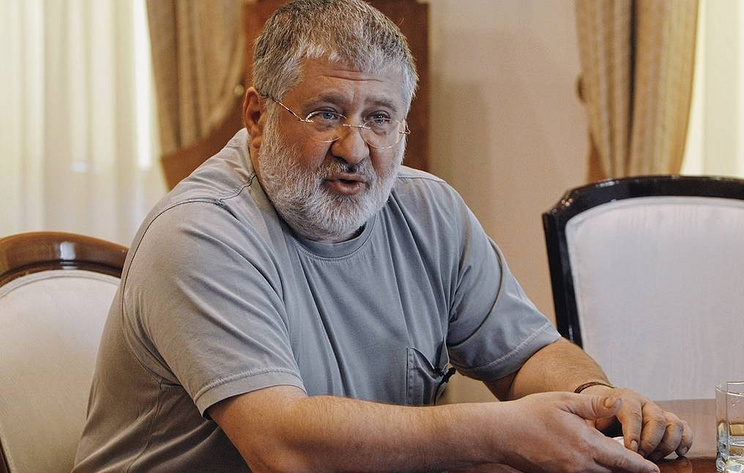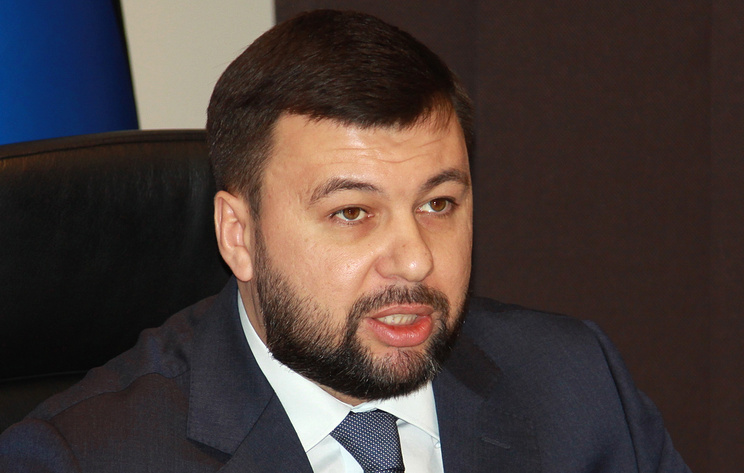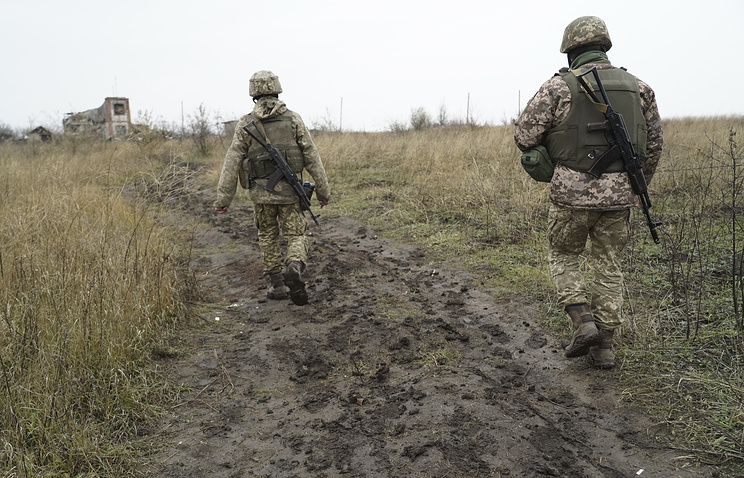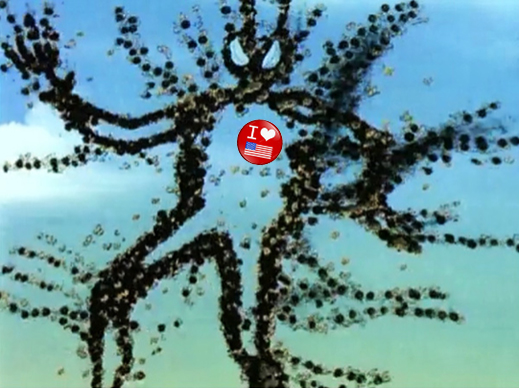Interesting reflections by Angelina Siard: It Is for Such A Europe That Ukrainians Killed Their Compatriots in Donbass & Burned People Alive in Odessa? • Stalker Zone
Summary of RAND's New Plan to "Overextend and Unbalance Russia" • Stalker Zone Perhaps this article should even go into another thread, but here is the overall concept:
[...]The last time I was in Odessa it was May 2013. “What will be – will be” was already hovering in the air. Not far from my former apartment on Sadovaya Street, which went on a long voyage of illegal resales after the raider captures of the beginning of “Ukrainian independence”, a young girl handed out to passers-by St. George’s ribbons for the day of celebration of May 9th.
On Stalkerzone, there is another article:We are systematically trained to be tolerant of our own destruction, without noise, without weapons, with our own hands.
I noticed that many people in France are sitting on Prozac, feign unprecedented activity, or thrust themselves into the esoteric. A subconscious response to not being ready to know the truth and face it.
It is for such a Europe that you, brainwashed Ukrainians, killed your compatriots in Donbass and burned people alive in the House of Trade Unions in Odessa, because via their truth and knowledge inherited from their grandfathers and fathers, these people prevented you from obtaining lace panties and to later find yourself with a bare ass. But only your own experience is valuable. You, like the French Yellow Vests, have to go through all the lacy charms of the capitalist looking glass. But the French yellow Vests are already burning the flag of the European Union and with all their forces want to get out of it, while you are only just at the preparatory stage, assuming that the EU will even exist in the near future. But what will be, will be.
Summary of RAND's New Plan to "Overextend and Unbalance Russia" • Stalker Zone Perhaps this article should even go into another thread, but here is the overall concept:
During the cold war, RAND participated in the development of a strategy of long-term competition that exhausted the resources of the Soviet economy.
The possibility of using this concept to destabilize Russia is the task of the new RAND study. The new report lists the measures by which it is expected to achieve the overstraining of Russian forces. I will say right away that the Western analytical services do not hide, but even spread information about their plans, and this does not harm the strategy itself. (Read this again and remember it!)
Russia, according to the experts of RAND, is a long-term threat and, despite its economic weakness, has bypassed the United States in some areas in the military sphere. Therefore, the American army must restore its analytical and linguistic experience in relation to the Russians. Ensure investment in new weapons. Prepare for a possible armed conflict with Russia. And to provide a set of measures to weaken the Russian army.
The most promising measures, RAND experts believe, are outside the military sphere. Russia does not seek military parity with the United States and may simply not respond to certain actions. Other actions may be much more costly for the US itself.
The most promising methods of putting pressure on Russia are those that take into account its weaknesses – the economy and political stability, not the army. But all of them suggest an escalation of the conflict.
That’s all about this report. In the closed parts every point is surely developed in detail, while here it is a teaser – a primer. But we must understand that this format of work does not imply any secrecy – the publication itself is already an instrument of pressure and destabilisation. Moreover, the strategy involves both options for Russia’s reaction: getting involved in the arms race is bad, but not involving yourself in it is not good.
Igor Dimitriyev
Last edited:


